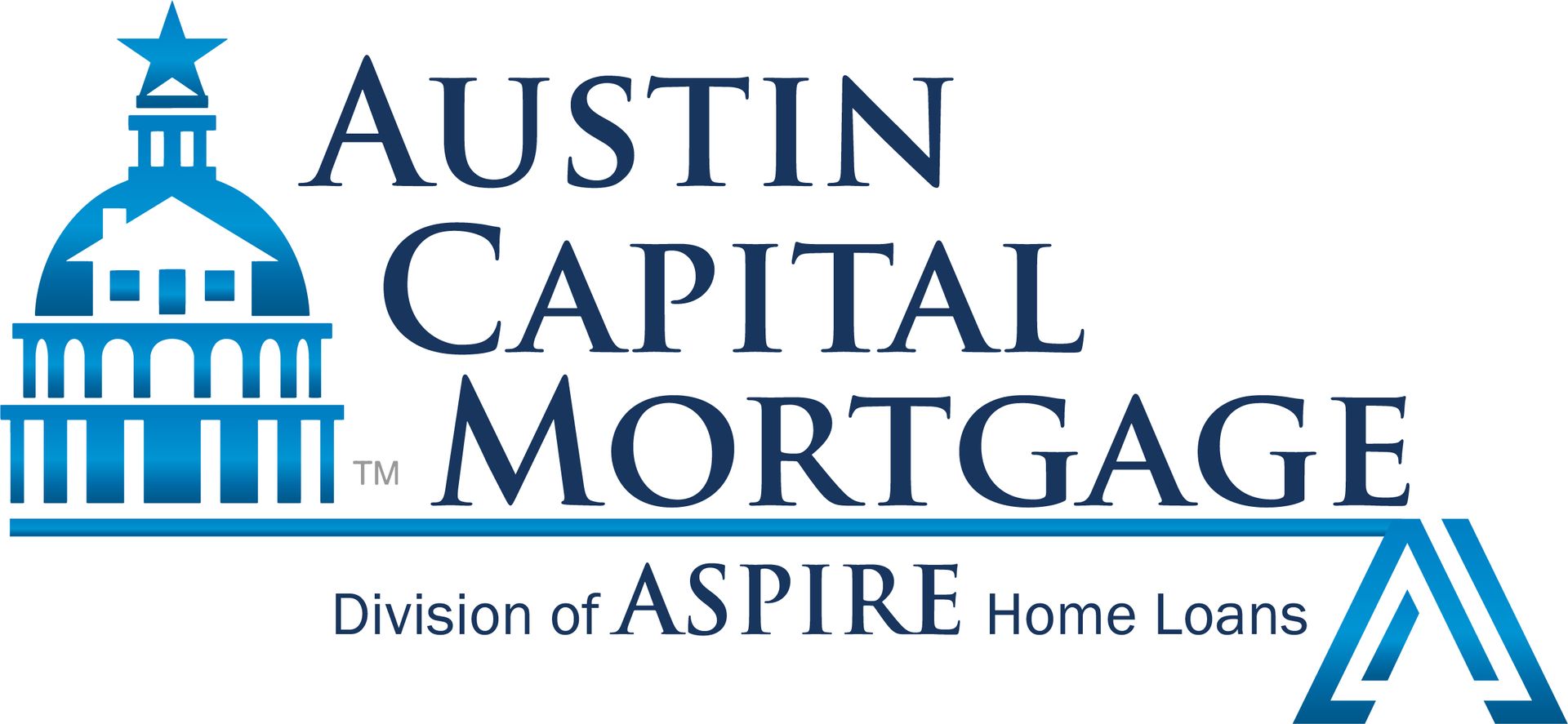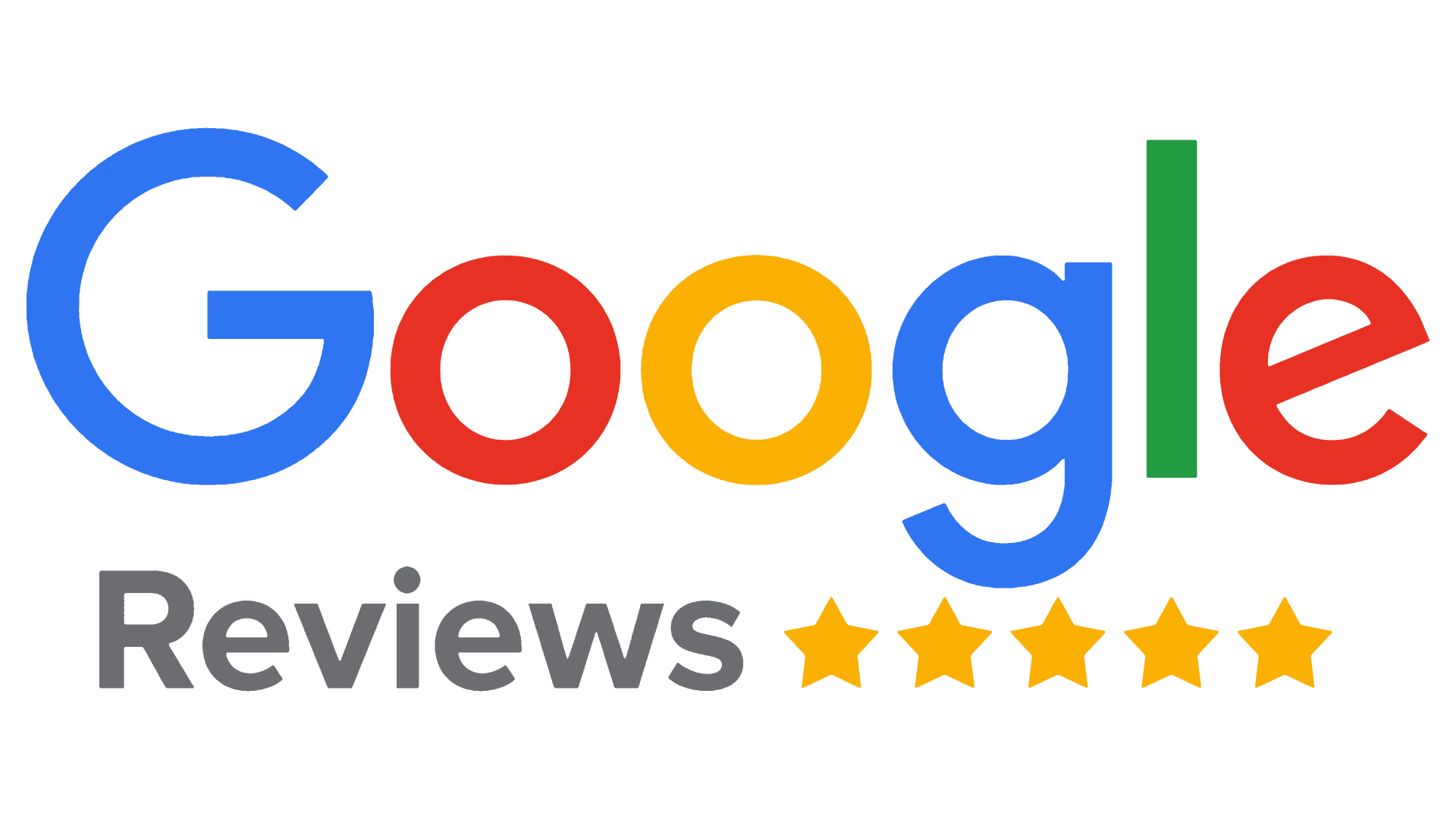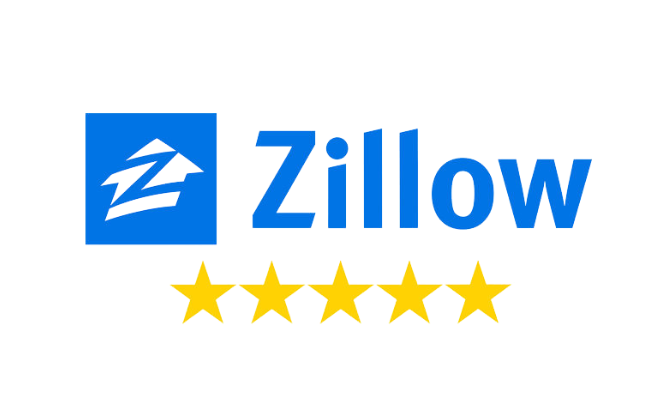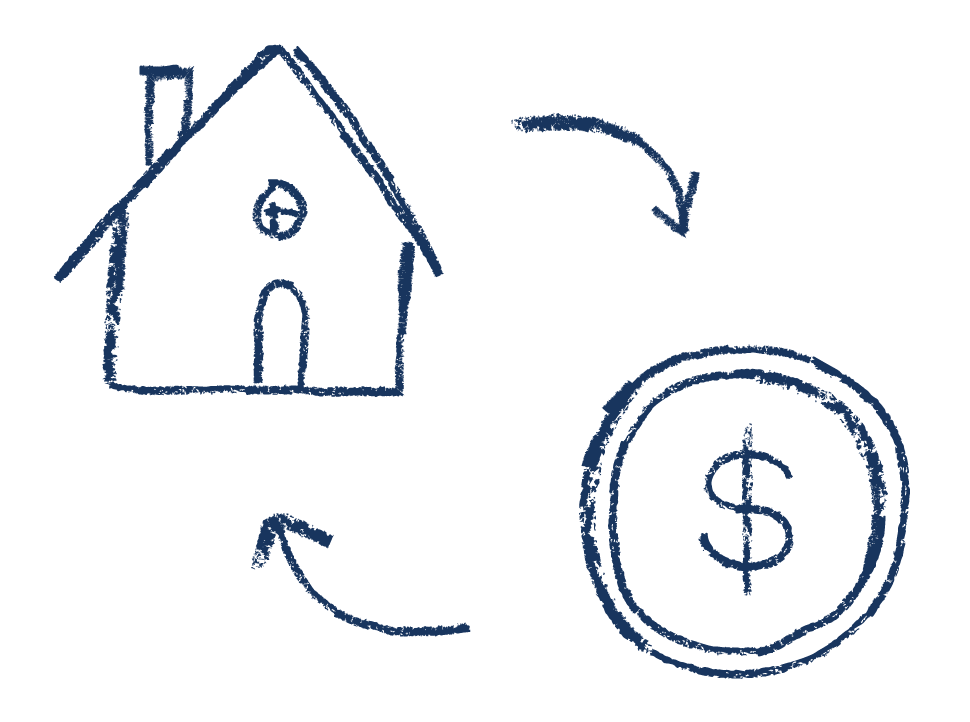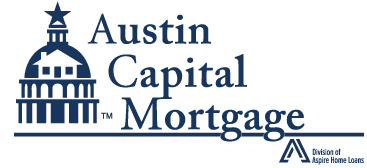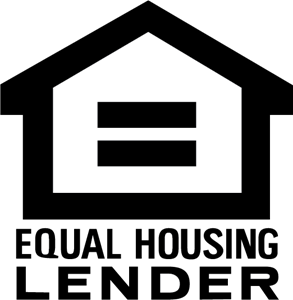TEXAS' TOP MORTGAGE LENDERS SINCE 1996
Self Employed Home Loans: We Find You the Best Rates
Our self employed home loans are designed to leverage your unique financial situation to help you qualify for higher loan amounts.
- 100% Online Application
- Shop Multiple Lenders
- 1 Day Pre Approval
Loan Options for Self Employed Borrowers
We understand that your income might not fit the traditional mold.
So, we offer a range of self-employed loan options, like bank statement loans, 1099 income loans, stated income loans, and no-doc loans, and more.
We approve loans for:
- 1099 Income Borrowers
- 1099 Contractors
- Trust Income
- Stated Income
- Business Owners with 1099 Income
- Consultants with 1099 (Doctors, Financial Consultants, and more)
- Self Employed less than 2 years
- Gig Workers & Freelancers
Get Pre Approved for a 1099 Income Loan
Self employed? Get pre approved for a 1099 income loan in Texas now. It only takes 2 minutes, and won't affect your credit score.
Which self employed loan option is right for me?
As Texas' top mortgage brokers, we offer a wide range of loan options for self employed borrowers with unique income situation.
Can't find the loan you're looking for?
Call us for more options.
1. 1099 Income Loans
- Who It's For: Independent contractors or freelancers who receive 1099 forms.
- Income Proof: 1099 forms from the past 1-2 years are used to demonstrate income.
- Advantages:
Easier qualification for those with consistent 1099 income; no need for traditional W-2s.
2. No-Doc Loans
(No Income Verification Loans)
- Who It's For: Borrowers who prefer not to disclose their income.
- Income Proof: No income verification required; approval is based on credit score, assets, and down payment.
- Advantages:
Simplifies the approval process; suitable for high-net-worth individuals.
3. Bank Statement Loans
- Who It's For: Self-employed individuals, freelancers, or business owners.
- Income Proof: 12-24 months of personal or business bank statements are used to verify income instead of W-2s or tax returns.
- Advantages: Flexibility in income calculation; suitable for those with high write-offs.
4. Jumbo Self-Employed Loan
- Who It's For: Self-employed borrowers, freelancers, or business owners seeking higher loan amounts that exceed conventional limits.
- Income Proof: Typically requires 12-24 months of personal or business bank statements, or other documentation like P&L statements, to verify income instead of W-2s or tax returns.
- Advantages:
Ideal for high-income borrowers with complex financial situations or significant write-offs.
Offers flexibility in income verification and is suitable for larger home purchases or refinancing needs.
Click here to see more

What are the eligibility requirements for self employed loans in 2024?
You’ll still need to meet the minimum mortgage requirements that apply to all borrowers, but lenders will scrutinize your finances more closely because you’re seeking a mortgage for the self-employed.
Guidelines vary from lender to lender, but the factors often used to determine the financial health and viability of your business include:
→ How the business operates
Lenders want to ensure that your business is financially sound.
An underwriter may research the location and type of business you’re in, how much demand there is for your product and how likely your business is to stay financially strong and profitable.
→ Personal income vs. business income
If you’re using income from your business to qualify for a loan, your lender may want to see evidence that your business has a healthy cash flow and isn’t buried in debt.
Personal income is typically verified with individual tax returns.
→ Your income stability
A lender may consider you to be at higher risk of missing mortgage payments if your earnings tend to vary from month to month.
That’s why some lenders ask for additional proof that your business is stable and that you have enough cash flow to handle a lower-earning month.
→ How long you’ve been self-employed
A lender prefers for you to have at least two years of experience earning income from self-employment.
The approval process may be simpler, however, if you’ve been in business for at least five years.
What forms /documents do I need for a self employed home loan?
For self-employed individuals seeking a mortgage, lenders typically request documents that provide a clear picture of your income stability and business viability.
- Personal Tax Returns
Your two most recent tax returns help demonstrate steady self-employment earnings.
However, some lenders may be satisfied with just last year’s tax return if you’ve been self-employed for at least a year.
- Profit and Loss Statements
Also called a P&L for short, this financial statement shows how much total profit you’ve made after subtracting your business expenses.
Lenders expect these documents to show earnings similar to or higher than what you listed as income on your tax returns.
- CPA Letters
Lenders may ask your certified public accountant (CPA) for a letter of explanation to verify your self-employment status.
- Documentation of Business Funds used for a Down Payment
If you want to use cash that’s in your business accounts to fund the down payment on a home, be prepared to provide extra documentation.
You may need business bank statements and tax returns, as well as a letter from your CPA or tax lawyer confirming that taking the funds won’t harm the business.
- IRS Transcripts
You may be asked to sign a form (IRS Form 4506-T) authorizing your lender to obtain a transcript of your tax return.
They’ll typically use it to verify that the information you provided in your loan application matches what’s in the IRS database.
- Business Tax Returns
The business tax returns you need to gather will depend on how your business is structured.
Here’s a breakdown of which forms you’ll likely need, depending on the type of business you operate.
Hear From Our Happy Homeowners!
As Texas' top rated mortgage lenders, we have a stellar reputation with an average rating of 5 Stars ocross all channels: Google, Yelp, Zillow, BBB and Facebook.
FHA Home Loan for the Self Employed
Who is it for?
First-time homebuyers and self-employed individuals with less-than-perfect credit or non-traditional income.
- Credit Score Requirement:
3.5% down payment: 580 or higher
10% down payment: 500-579 - Down Payment Requirement: As low as 3.5%.
- Pros: Lower down payment requirements, more lenient credit and income requirements.
- Cons: Mortgage insurance premiums (MIP) required, loan limits apply.
Conventional Home Loan for the Self Employed
Who is it for?
Self-employed individuals with strong credit and financial history.
- Credit Score Requirement: Typically 620 or higher.
- Down Payment Requirement: Usually 3% to 20% of the purchase price.
- Pros: Competitive interest rates, flexibility in loan terms.
- Cons: Strict documentation requirements, higher credit score needed.
Bank Statement Loan for the Self Employed
Who is it for?
Self-employed borrowers looking for an alternative income verification.
- Credit Score Requirement: Varies by lender, but typically 620 or higher.
- Down Payment Requirement:
Varies by lender.
- Pros: Uses bank statements for income verification, helpful for self-employed with fluctuating income.
- Cons: Higher interest rates, may require larger down payment
Non-Qualified Mortgage (Non-QM) Loan
Who is it for?
Borrowers who don't meet traditional mortgage standards, including self-employed individuals with complex income.
- Credit Score Requirement: Varies widely among lenders, but 620 or higher is common.
- Down Payment Requirement: Varies by lender.
- Pros: Flexible eligibility criteria, considers non-traditional income.
- Cons: Higher interest rates, shorter loan terms.
VA Home Loan
Who is it for?
Eligible veterans and active-duty service members, including self-employed individuals.
- Credit Score Requirement: No set minimum, but most lenders prefer 620 or higher.
- Down Payment Requirement: No down payment required for most borrowers.
- Pros: No down payment required, competitive interest rates.
- Cons: Limited to eligible veterans and active-duty service members, VA funding fee.
USDA Home Loan
Who is it for?
Eligible rural borrowers, including some self-employed individuals.
- Credit Score Requirement: Typically 640 or higher.
- Down Payment Requirement:
No down payment required.
- Pros: No down payment required, low-interest rates.
- Cons: Limited to eligible rural borrowers, income limits apply.
Can't find what you're looking for?
Call Us now to get personalized mortgage assistance for free.
Get 24/7 access to your top local mortgage experts in Texas.
WHY CHOOSE AUSTIN CAPITAL MORTGAGE?
25+ Years of Excellence: Experience the ACM Difference
We've been serving the needs of homebuyers and homeowners throughout Central Texas since 1996, and it shows in the numbers!
Texas' Top Rated Mortgage Lenders
We've been ranked among Texas' top mortgage companies since 1996, by Austin Business Journal.
95% Faster Closing than Industry Average
We have an innovative streamlined process that allows you to apply online. This leads to faster closings. We've closed houses in as little as 1-2 weeks for our clients.
100% Customer Satisfaction, 5 Stars Average Rating
With an A+ rating from BBB, and over 500+ FIVE Star Reviews on Google, Zillow and Yelp - customer satisfaction is at the core of everything we do.
Competitive Mortgage Lending Rates
We ensure that you get the best deal possible on your mortgage, making home ownership more affordable and accessible for you.
Did you know? Austin Capital Mortgage has been on Texas' Top Mortgage Lenders list by the Austin Business Journal every year since 1996.
Home Loan Options for Diverse Self Employed Professionals
At Austin Capital Mortgage, we specialize in leveraging unique income scenarios for the self-employed - ensuring that you secure the best mortgage solutions tailored to your financial profiles.
Frequently Asked Questions
Have questions or feedback? Reach out to our support team at:
Or give us a call at:
